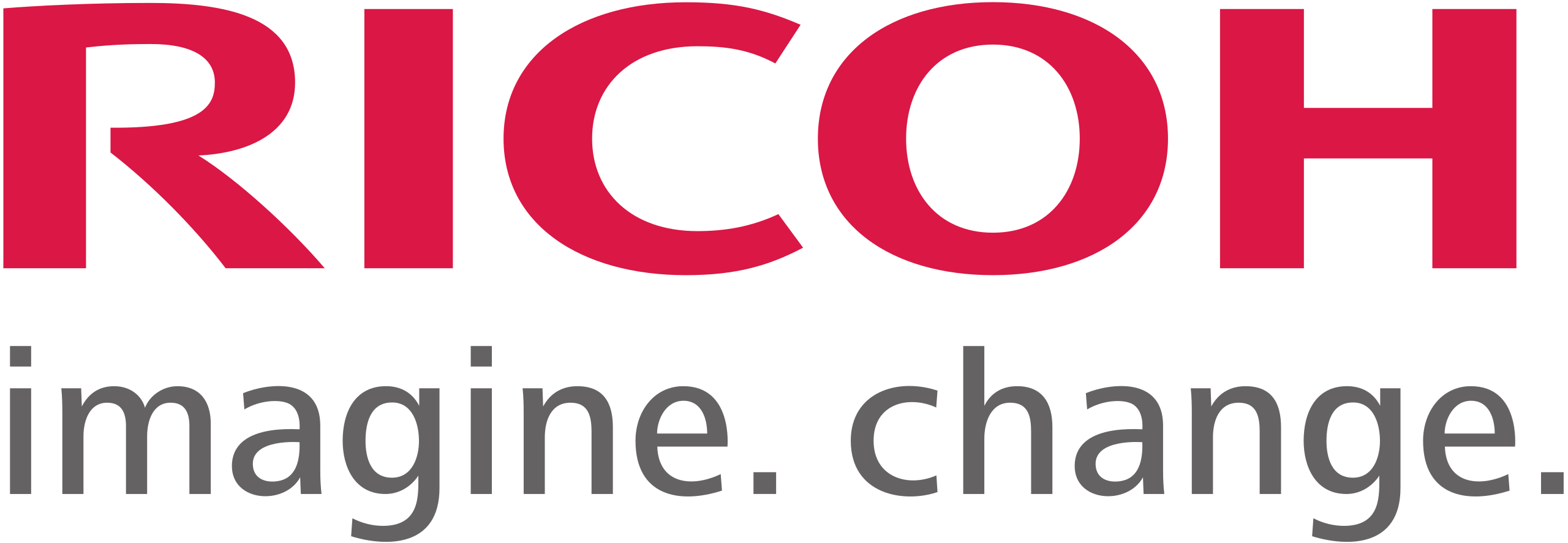5 min read
Managed IT Services for Healthcare: A Vital Support Framework
By:
Standley Systems Staff
on
August 28, 2024
Updated: August 28, 2024

When healthcare technology fails, the results can be disastrous, and expensive. More than 133 million healthcare records were stolen in data breaches in 2023. However, technology in healthcare is imperative for patient success, particularly with small businesses that wouldn’t be able to operate if they had to hire full-time in-house teams. Managed IT services can take the burden off your organization, enabling smooth operations, compliance, and security.
The Role of Technology in Modern Healthcare
Like other industries, healthcare has significantly changed with the advent of digital tools. Healthcare providers first transitioned from paper records to electronic health records (EHRs), which made it easier to access patient information and collaborate with other providers. Telehealth solutions then became mainstream during the COVID-19 pandemic, and they continue to provide healthcare access to people who otherwise may not be able to visit a practitioner.
However, for small businesses, keeping up with technological advancements can be a significant challenge.
When trying to implement digital solutions, healthcare practices have to navigate a maze of technological challenges as well as issues related to meeting industry standards. While many practitioners may be well-versed in security issues related to the Health Insurance Portability and Accountability Act (HIPAA), they may not have the IT expertise required to handle challenges related to data management, security, and compliance with other regulations.
To deal with these obstacles, many healthcare organizations are turning to specialized support from managed IT services.
Understanding Managed IT Services
Managed IT services allow businesses to offload complex technology management to a third-party expert. This expert can take care of implementing, upgrading, and maintaining all or a portion of your IT infrastructure, including sensitive areas such as security and data backups.
Unlike with a traditional IT team, you pay only for the services you need, so you don’t have to hire a big team and pay for on-premise hardware and software management. An IT managed service provider (MSP) can take over network management, cybersecurity, and help-desk support while you focus on taking care of patients.
Benefits of Managed IT Services for Healthcare
The rapid expansion of technology and artificial intelligence has left governments, businesses, and individuals scrambling to fend off cyberattacks and protect their data. Managed IT services can help by providing healthcare companies with the following benefits.
Improved Compliance and Security
Healthcare is one of the most tightly regulated industries, and the stakes for noncompliance are high. Managed IT services can help small offices stay compliant with HIPAA as well as other data protection and consumer privacy regulations. They can securely encrypt sensitive information and protect your systems against data breaches and cyberattacks.
Cost-Effective IT Management
For small businesses, the cost of maintaining an in-house IT team can be prohibitive, particularly since IT teams are cost centers rather than revenue centers for healthcare companies. Managed IT services are usually more affordable. The costs of outsourcing IT management are predictable and can be worked into your budget. The services can also scale as your business grows, so you have to pay only for the services you need at the time.
Access to Expertise and the Latest Technology
Technological skills quickly become outdated, and IT professionals need ongoing education to stay up to date. Dedicated IT managed service providers give you access to industry experts and the latest technology without requiring you to absorb the cost of hiring and training them.
These expert teams can improve patient outcomes by keeping your systems and networks at optimal performance and quickly responding if any issues arise. Your office staff will have to spend less time dealing with technical issues and can spend more time on high-value patient care.
How to Choose the Right IT Managed Service Provider
Although outsourcing IT service management can help healthcare businesses increase their security and productivity, you do need to choose the right partner.
Here are some key offerings to look for in an IT MSP:
- Experience in healthcare IT
- References from current customers
- Regulatory expertise
- Responsive, 24/7 customer support
- Compliance certifications and auditing capabilities
- Scalability and flexibility
- Security expertise
- Integration capabilities
When you’ve narrowed down your list, ask the following questions:
- What types of healthcare organizations have you worked with before?
- How do you ensure compliance?
- How often do you conduct security assessments and vulnerability testing?
- What is your response time for critical issues?
- How do you handle maintenance and system updates?
- What are your disaster recovery and backup solutions?
Beware if you encounter any of the following red flags:
- No proven record in healthcare
- Unclear pricing structure
- Outdated security measures
- Ambiguous contract terms
- Minimal training and onboarding
Key Takeaways
Managed IT services can help small healthcare businesses remain competitive and compliant in today’s complex technical and regulatory environment. If you’re facing challenges due to a lack of technical skills or being overwhelmed with patient care, managed IT services can help. Enjoy the peace of mind that comes from knowing your IT is in the hands of experts while you focus on your patients.

 800-522-3725
800-522-3725 info@standleys.com
info@standleys.com Support
Support











